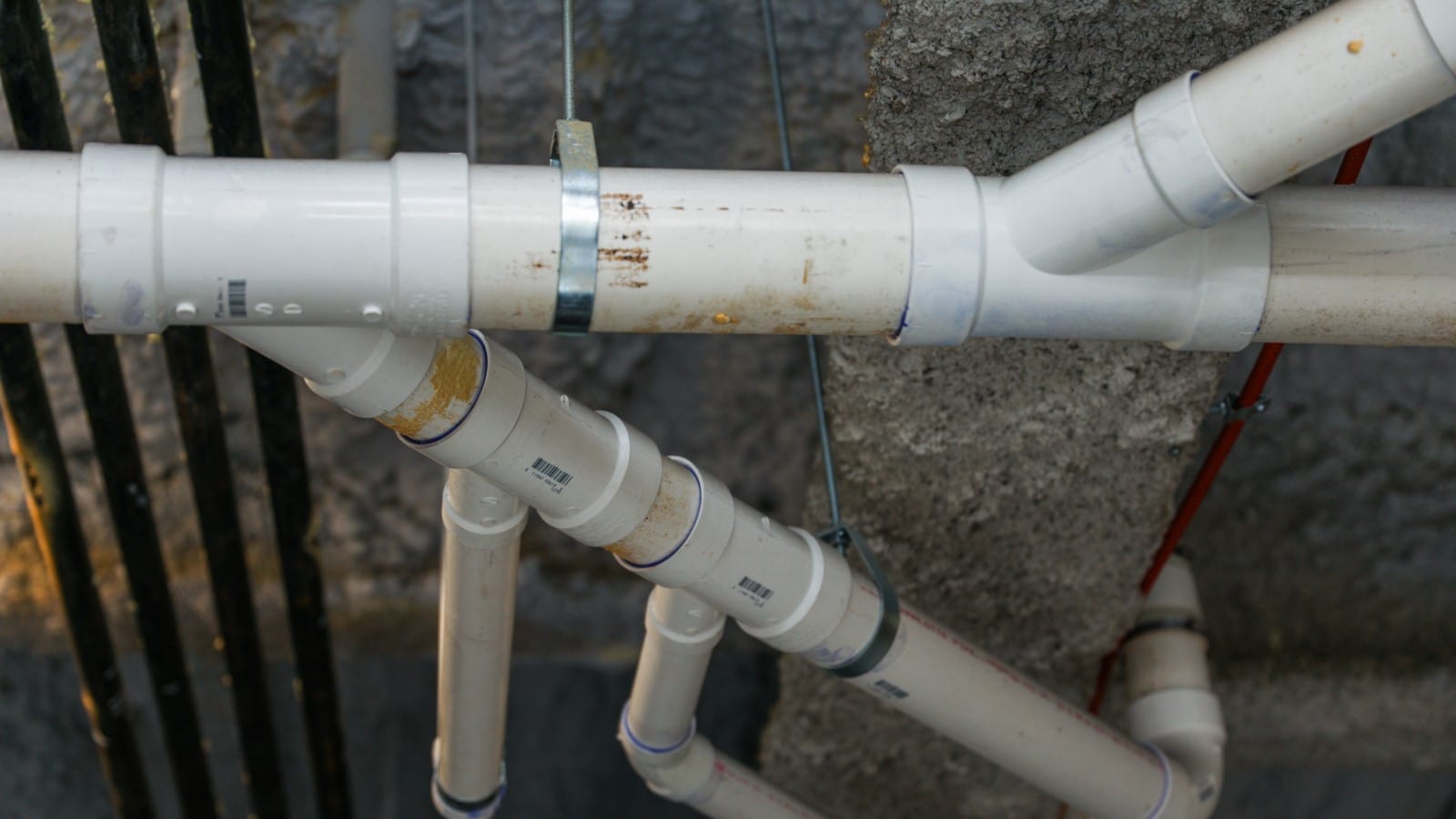In Rockwall, TX, if you catch a whiff of something that smells like rotten eggs or cabbage in your home, it’s time to pay attention. Yes, a gas leak does indeed smell like rotten eggs. This distinct odor comes from an additive called mercaptan, intentionally mixed with natural gas, which is otherwise odorless.
The smell of rotten eggs is a deliberate safety measure to alert homeowners like you to potential gas leaks. If you ever smell this in your home, it’s a clear signal to leave the house immediately and investigate further, as it could indicate a gas leak. While the odor might sometimes be confused with sewer gas, the smell of rotten eggs is a distinct sign of a natural gas leak and should be taken seriously.
How to Suspect a Natural Gas Leak: Beyond the Smell
While the rotten egg smell is a telltale sign, there are other indicators of a natural gas leak:
- Continuous Bubbling in Standing Water: If you notice bubbles in standing water around your home, this could indicate a leak in your outdoor gas line.
- Roaring or Hissing Sound: A hissing or roaring noise near gas lines or appliances suggests escaping natural gas.
- Dead Plants: Unusually dead or dying plants in your yard could indicate an underground gas leak, as natural gas displaces oxygen needed by plant roots.
- Unnatural Dirt and Air Movement: Odd air currents or soil displacement in your yard can signal a gas leak.
Remember, natural gas is odorless; the smell we associate with it is added for safety reasons.
When You Smell Gas: How to Identify and React with Urgency
If you detect an odor in your house similar to rotten eggs or sulfur, it’s critical to act immediately:
- Swiftly Open Doors and Windows: This is an urgent first step to ventilate your home and dilute the gas concentration. A strong smell indicates a significant leak and rapid action is required to prevent dangerous gas build-up.
- Do Not Turn on or Off Any Electric Lights or Appliances: Avoid interacting with electrical switches, lights, or appliances, as this could trigger a spark.
- Evacuate and Call for Assistance Promptly: When you have opened windows and turned off sources that could ignite the gas, evacuate your home. Once you’re at a safe distance, call 911 or your local gas company for immediate assistance. They are equipped to handle such emergencies and can help locate the source of the leak.
It’s crucial to remember that natural gas is non-toxic, but it can be hazardous due to its flammability and potential asphyxiation. Even a small gas leak can lead to significant risks if not addressed promptly. Therefore, if you suspect a gas leak or smell something similar to rotten eggs in your home, immediately contact your gas provider or emergency services.
Health Effects: When Natural Gas Leaks Indoors
- Reduced Oxygen Levels: Natural gas can displace oxygen in your home, leading to breathing difficulties.
- Nausea and Headaches: These symptoms can occur due to the reduced oxygen levels and the impact of mercaptan, the additive that gives gas its sulfur-like smell.
- Fatigue and Dizziness: Lack of adequate oxygen can also lead to feelings of fatigue and dizziness.
- Irritation of Eyes and Throat: The presence of natural gas and its additives can irritate your eyes and throat, a typical response to sulfur compounds.
- Confusion or Disorientation: In more severe cases, particularly in areas with poor ventilation, the buildup of natural gas can lead to confusion or disorientation.
It’s important to note that while natural gas itself is non-toxic, the symptoms caused by its oxygen displacement can be mistaken for carbon monoxide poisoning. In both cases, home improvement measures such as installing detectors and ensuring good ventilation can help mitigate risks. If you suspect a gas leak but cannot find the source, it’s advisable to call a plumber or gas safety expert to assess and rectify the situation.
Natural Gas Leak Prevention: Keeping Your Home Safe
You can minimize the risk of a natural gas leak in your home by taking several key steps:
- Regular Appliance Maintenance: Ensure that your gas appliances and pipelines are professionally inspected at least once a year. This can help in the early detection of any potential issues.
- Updating Gas Fittings: Replace old or worn gas fittings and shut-off valves to prevent leaks. This is crucial, especially for older homes.
- Educating Household Members: Teach all household members to recognize the smell of natural gas. Although you can’t always detect gas leaks through smell alone, the distinctive gas smell, often compared to rotten eggs, is a primary indicator.
- Install Gas Detectors: Installing natural gas detectors in your home can provide an additional layer of safety, alerting you when gas concentrations reach unsafe levels.
- Regularly Checking for Leaks: Occasionally do a walk-through in areas with gas lines. It could indicate a small leak if you smell natural gas or a sulfur-like gas smell.
While working with your local gas company for routine checks and maintenance is vital, homeowners should also be proactive in monitoring their homes. Remember, smelling natural gas in your home is abnormal and should always be investigated.
Staying Alert to Gas Safety in Rockwall, TX: A Homeowner’s Guide
For Rockwall, TX residents, recognizing and responding to natural gas leaks is not just about home maintenance; it’s about ensuring the safety and well-being of your family and community. Here’s a quick recap of the essential points to keep in mind:
- Recognize the Signs: The smell of rotten eggs or sulfur, hissing sounds, and dead vegetation can all be signs of a natural gas leak.
- Act with Urgency: If you smell gas, open doors and windows, turn off appliances, and leave your house immediately. This immediate action can prevent potential disasters.
- Call for Assistance: Once safe, call your local gas company or 911 to report the leak. They are trained to find the source of the leak and address it safely.
- Preventative Measures: Regular maintenance of gas appliances and pipelines, updating gas fittings, and educating household members are key steps to prevent leaks.
- Health Risks: Be aware of health effects like breathing difficulties, nausea, and headaches due to prolonged exposure to natural gas.
In Rockwall, being prepared for and knowledgeable about natural gas leaks is crucial. Although natural gas is non-toxic, its flammability and potential for asphyxiation make it a hazard that should not be taken lightly. Partnering with a legal gas company for regular checks and maintenance is essential in ensuring your home’s safety. Remember, being aware of the signs of a natural gas leak can lead to timely actions, potentially averting severe consequences.





